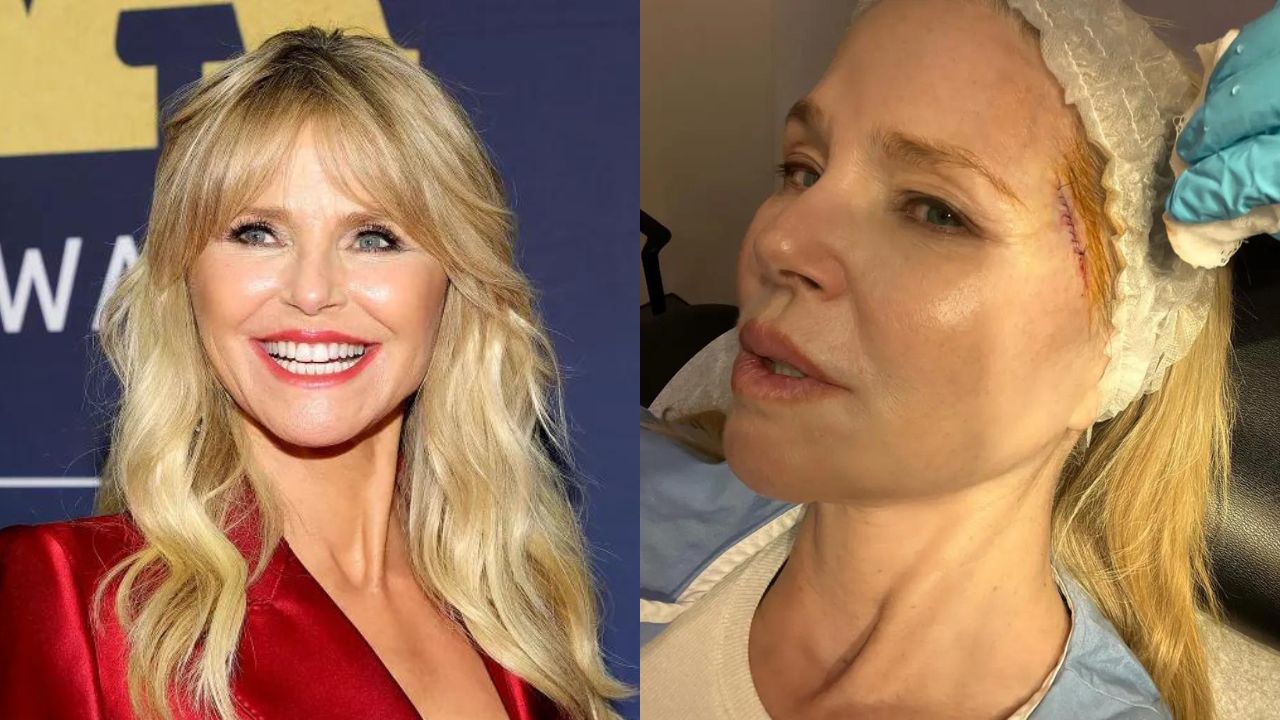Christie Brinkley, actress and model, recently disclosed that she underwent treatment for skin cancer after being diagnosed. In an Instagram post on Wednesday, the 70-year-old shared the news alongside pictures of herself before and after the surgery.
“I’m grateful that we detected the basal cell Carcinoma early,” Brinkley wrote in her caption. “I’m fortunate to have had skilled doctors who successfully removed the cancer and expertly stitched me up, akin to haute couture Dior.”
Basal cell carcinoma ranks among the two most prevalent types of skin cancer, according to the Centers for Disease Control and Prevention. The Skin Cancer Foundation reports approximately 3.6 million cases diagnosed annually in the United States.
Brinkley emphasized her fortune in her Instagram update, expressing gratitude that doctors identified the cancer in its early stages. The Sports Illustrated swimsuit model recounted how she had requested a doctor to inspect a mark near her eye during her daughter’s appointment.
“At the very end of the appointment, I mentioned a tiny dot I felt while applying my foundation,” she detailed in her Instagram post. “Upon inspection, the doctor promptly recognized the need for a biopsy and performed it right then and there.”
Brinkley emphasized the importance of regular check-ups and sun protection for her followers. “All of this can be avoided by being diligent with your sun protection,” she advised. “For me, I’ll be diligent with SPF 30, wearing long sleeves, and a wide-brim hat.”
Encouraging her fans to take proactive measures, Brinkley urged, “Make your own good luck by scheduling that check-up appointment today. And don’t forget to slather on sunscreen, my friends!”
Additionally, The Skin Cancer Foundation recommends self-examinations for skin cancer monthly and annual screenings with a dermatologist. Individuals at higher risk are advised to undergo more frequent screenings.
“The foundation underscores the importance of early detection in skin cancer, which leads to the most minimal and cost-effective treatment with the highest likelihood of a cure,” stated the foundation.

